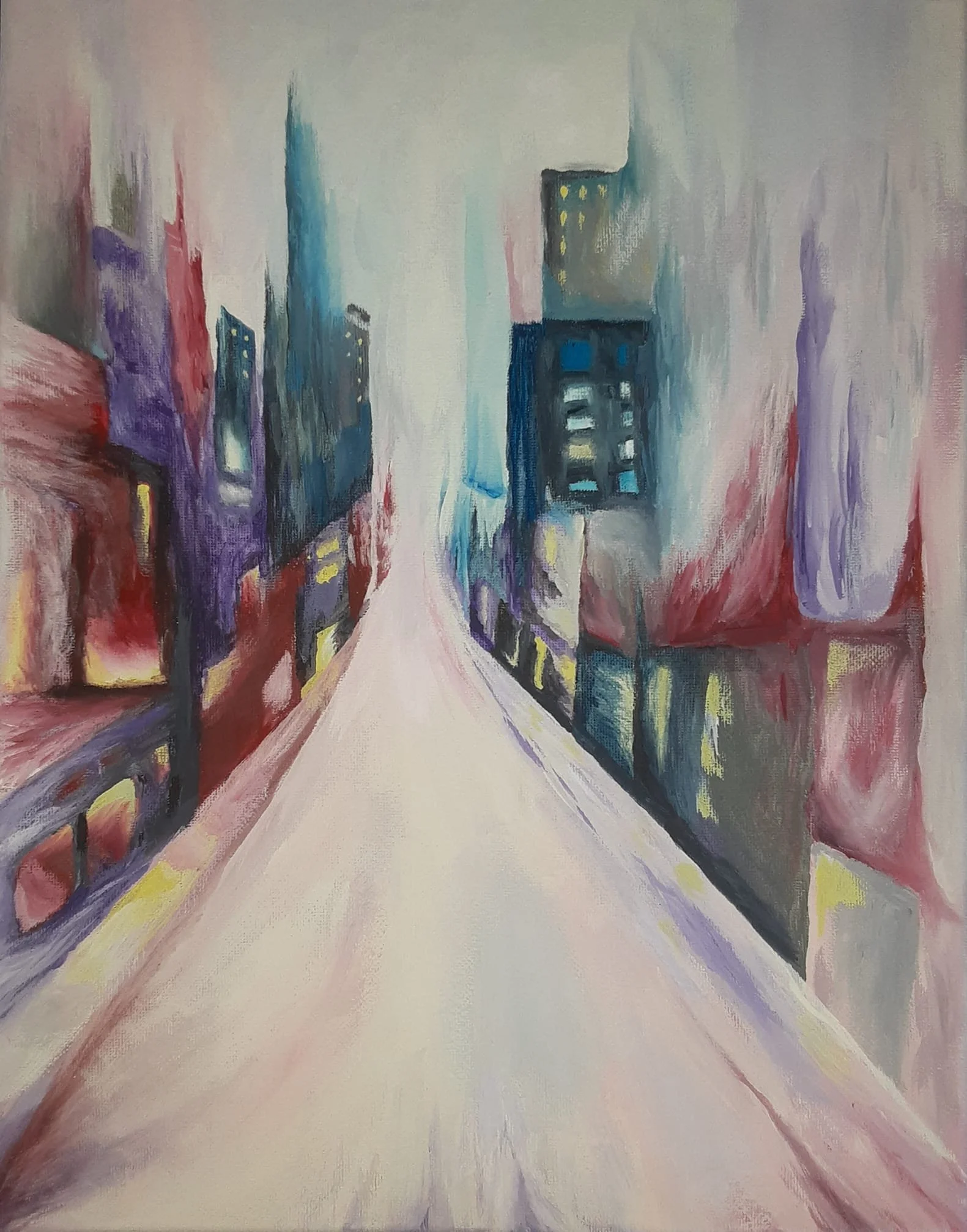A Network of Support
Child therapy happens in a family context
If you’re reaching out for therapy for your child, something about your child's life may not be going as you had expected or hoped. Whether it is trouble with managing their feelings, communicating their needs, or using behaviors that are distressing to them or to you, we’ll start with by collaborating to develop a picture of what you know about your child, where you need help in supporting your child, and how I can best support your family as a system in helping your child to grow. This might look like our meeting together one or more times initially to talk about your child’s needs before they meet with me, our meeting regularly to check in about how they are doing and what you notice and need, and sometimes, our all meeting together, to explore new ways of being together as a family with my guidance. For very young children (ages about 1-3), you may be present and an active participant in all or most of your child’s sessions.
Child therapy (1-10)
When your young child and I meet, because they’re still developing their prefrontal cortexes and thus, their ability to communicate things verbally, our work will primarily take the form of play therapy, which helps children express and work through their feelings through play. Like adults, kids often benefit when helped to understand their feelings and experiences, and we’ll use the language of their developmental stage: imaginary play, drawing, games, and other creative ways of expressing themselves. You might think of them as talking (like an adult does in talk therapy) through their play! Play, art, and the ways that children approach them can express what kids are feeling, and how they see and make sense of the world and the important people and events in their lives. And when trauma or other challenges have made their story, experience, or identity hard to make sense of, play and art help children put the pieces together in creative ways.
Teens and tweens
Adolescents are having to grapple with a lot of big changes, from a changing body to new schools, an emerging sense of independence, a desire to find ways to define themselves, and the questions and worries that arise around the transition into adulthood. These changes can be particularly difficult to manage if your teen is already grappling with major obstacles like trauma, disability, or living in a marginalized identity, and sometimes teens turn to risky coping mechanisms to hold all of these pieces together. Therapy for teens is in some ways similar to therapy for adults, as they have a lot more verbal skills than younger kids, but with a focus on mastering these important developmental tasks. Older kids and teens might explore through a combination of play, talking, and art in our sessions, as they move through their development and search for the most comfortable ways of expressing themselves. Parents may be a bit less involved with therapy for teens, as your teen works on developing healthy independence, explores the desire for privacy, and forms new senses of self. This process of working towards independence can make it hard to communicate with parents, especially if your teen is hitting challenges in their exploration. This can be hard for parents - you may wonder what’s going on with this new version of your child, or worry that something is wrong. It can also mean your teen or tween finds themselves unsure how to effectively share important struggles or needs while preserving their needs to develop an independent sense of self. Therefore, the family element of therapy with teens and tweens can involve focusing on your and your teens’/tweens’ goals in communication and ways to open up productive communication.
